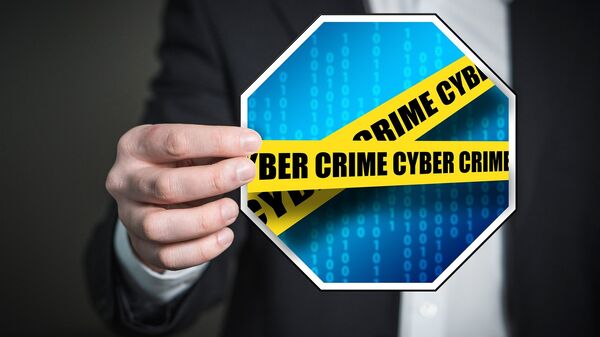"If this is a sign of things to come in this election, I feel very nervous about it all because a cyber attack against a political party in an election is suspicious and something one is very worried about", he told a reporter about the incident.
After a "sophisticated and large-scale" attempt to disrupt its digital systems on Monday, one day later on Tuesday, it suffered another distributed denial of service (DDoS) attack. Experts say these kinds of attacks are designed to block websites, and server access to the World Wide Web by overloading them with data.
In its official statement following the attacks, the party said it was confident its "robust" security systems ensured there was no data breach, and it had reported the attack to the National Cyber Security Centre.
Pierluigi Paganini, cybersecurity expert and chief technology officer at Cybaze, a major Italian cybersecurity services company, noted that the threat of possible attacks on the servers of British parties ahead of the elections is severe.
"...Multiple nation-state actors worldwide could be interested in targeting British parties. Threat actors could be interested in spreading fake news in the attempt to influence the vote, or they could carry out a cyber espionage campaign aimed at disclosing sensitive and secret information that could influence public opinion", Paganini explained.
Philip Ingram, a former colonel in British military intelligence, turned cyber expert, in his turn, believes that while these attacks can range in the damage caused, the Labour party quickly resolved the issue.
"It seems the Labour Party server was well secured and managed to repel the attacks. Just how good it is and what flaws there may be I wouldn't know without looking at it in detail myself. But it did what it needed to", he said.
At the same time, Ingram stressed that there are reasons to be concerned as there is no international law that covers what happens in cyberspace.
"It is an environment where anyone can operate easily, from nation-states to organised criminals to hacktivists to curious youths. Often the detection of exactly who could be responsible for an attack is difficult, as it is easy to generate plausible 2nd or 3rd party fronts and create an environment of plausible deniability", the expert pointed out.
"Attacks can be bought online for a few $ from Cyber Attack as a Service Sites, and these are relatively easy to find", Ingram added.
As to who could be behind the attacks on the Labour server Ingram named several possibilities:
"An individual who did it just because they could, who may or may not like Labour policies. 1. Someone trying to embarrass Labour (but its lack of sophistication would mean this is unlikely) 2. Given the statements on "Russian involvement document' referred to above, and Hillary Clinton's statements, then someone from within the Labour Party trying to create a Russian involvement narrative to embarrass Boris Johnson with", the cybersecurity expert stressed.
While he called this option "a little strange" given the timing and the way the statements were made, it shouldn't be ignored, he argued.
British parties are in the midst of an election campaign ahead of a general election on 12 December, after Prime Minister Boris Johnson's Brexit deal agreed with the EU met strong resistance in Parliament.
The UK is now set to leave the EU on 31 January 2020, and many view the upcoming vote as a Brexit election.


